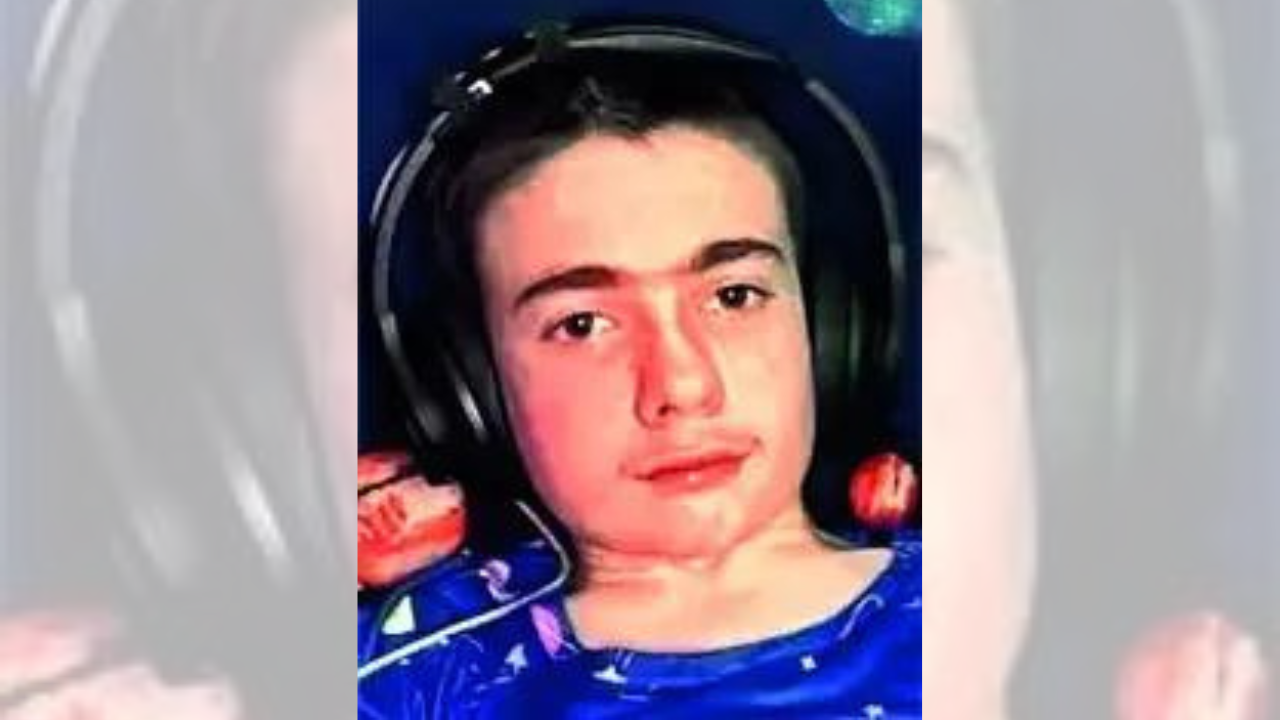Fitness
UK schoolboy gets world’s first epilepsy device fitted in skull – Times of India

LONDON: A schoolboy from England has made medical history as the first in the world with severe epilepsy to trial a new device fitted in his skull to control seizures, the UK media reported Monday. The neurostimulator, which sends electrical signals deep into brain, has cut Oran Knowlson’s daytime seizures by 80%.
Oran has Lennox-Gastaut syndrome, a treatment-resistant form of epilepsy which he developed at three. Since then he has suffered daily seizures ranging from two dozen to hundreds, BBC reported. His mother Justine told BBC Oran had a range of different seizures, including those where he fell to the ground, shook violently, and lost consciousness. She said he would at times stop breathing and require emergency medication to resuscitate him.
The surgery, which lasted some eight hours, took place in Oct 2023. It was part of a trial at Great Ormond Street Hospital when Oran, who is now 13, was 12. It was in partnership with University College London, King’s College Hospital and Oxford University.
Epilepsy seizures are triggered by abnormal bursts of electrical activity in the brain. The device, which emits a constant pulse of current, aims to block or disrupt abnormal signals. Justine told BBC he was happier and had a “much better quality of life”. “He’s a lot more chatty, more engaged. I definitely now have a teenager – he’s happy to tell me no,” she said. His night-time seizures are now “shorter and less severe”.
Deep brain stimulation has been tried before for childhood epilepsy, but until now neurostimulators were placed in the chest with wires running up to the brain.
Oran has Lennox-Gastaut syndrome, a treatment-resistant form of epilepsy which he developed at three. Since then he has suffered daily seizures ranging from two dozen to hundreds, BBC reported. His mother Justine told BBC Oran had a range of different seizures, including those where he fell to the ground, shook violently, and lost consciousness. She said he would at times stop breathing and require emergency medication to resuscitate him.
The surgery, which lasted some eight hours, took place in Oct 2023. It was part of a trial at Great Ormond Street Hospital when Oran, who is now 13, was 12. It was in partnership with University College London, King’s College Hospital and Oxford University.
Epilepsy seizures are triggered by abnormal bursts of electrical activity in the brain. The device, which emits a constant pulse of current, aims to block or disrupt abnormal signals. Justine told BBC he was happier and had a “much better quality of life”. “He’s a lot more chatty, more engaged. I definitely now have a teenager – he’s happy to tell me no,” she said. His night-time seizures are now “shorter and less severe”.
Deep brain stimulation has been tried before for childhood epilepsy, but until now neurostimulators were placed in the chest with wires running up to the brain.
Continue Reading










